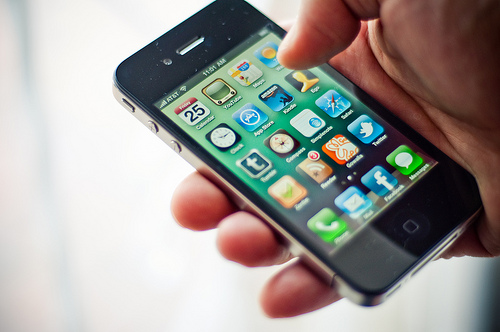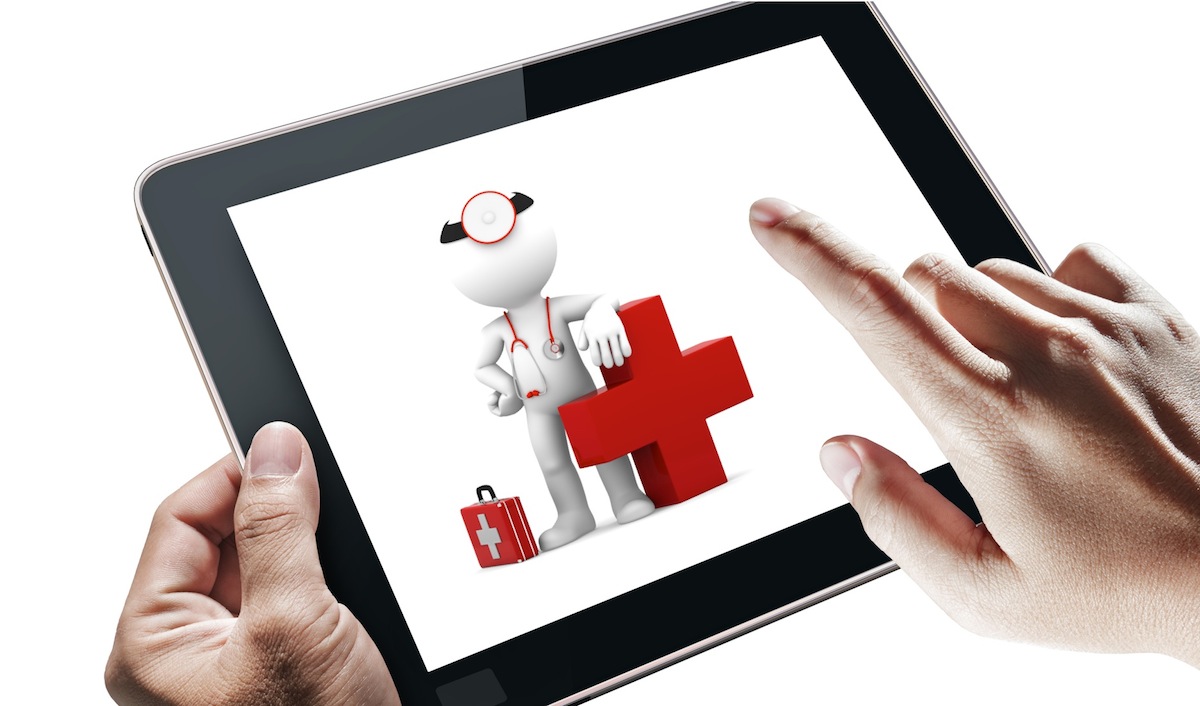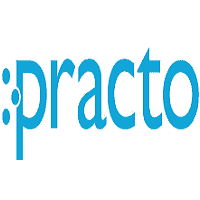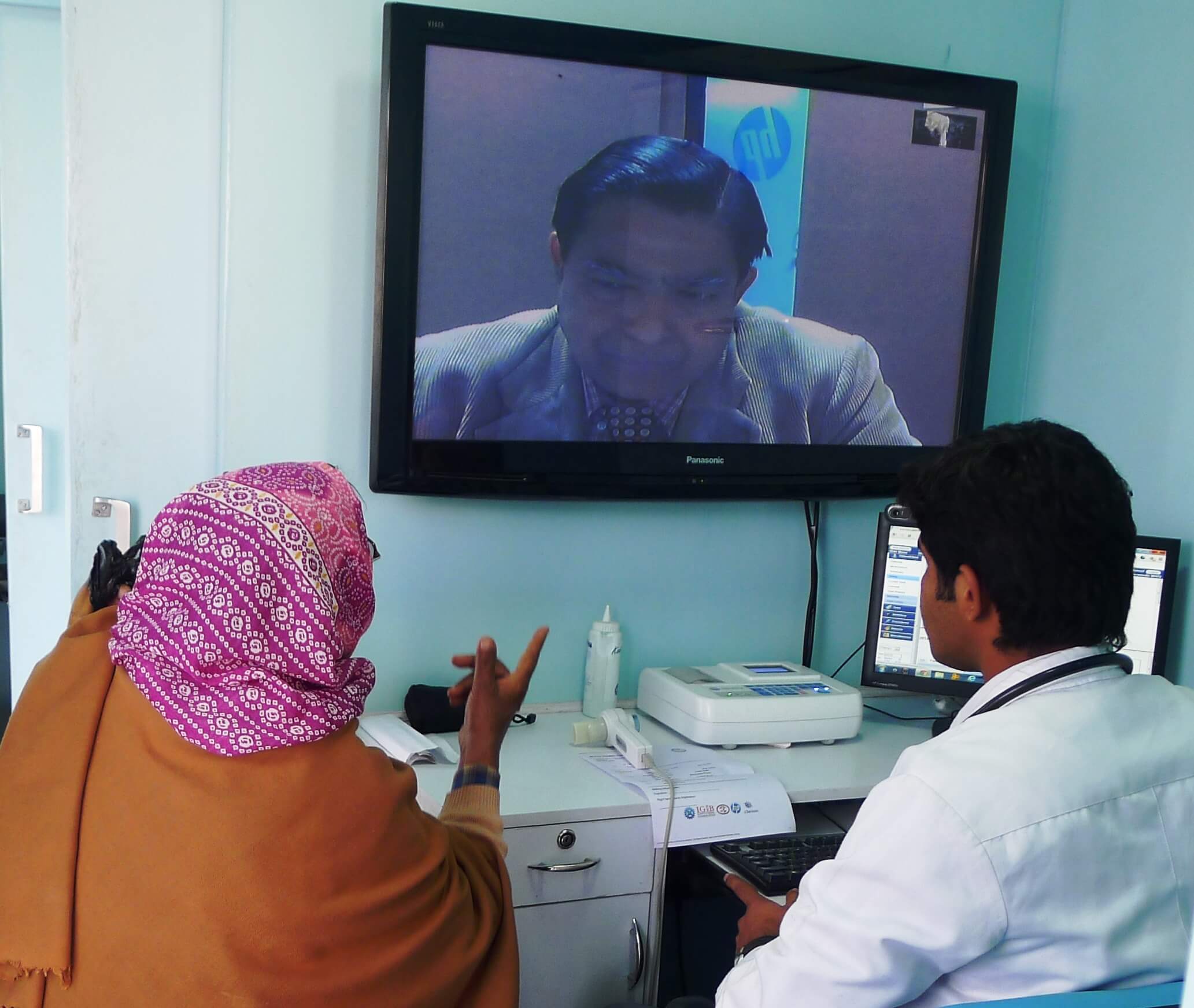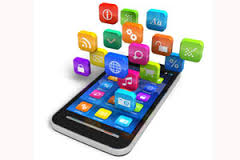
 For more than a decade, millions of people have aided in the search for extraterrestrial life simply by running an application on their computers. Today, 3 million people still use the SETI@home program to crunch complex scientific data sets when their computers are sitting idly.
For more than a decade, millions of people have aided in the search for extraterrestrial life simply by running an application on their computers. Today, 3 million people still use the SETI@home program to crunch complex scientific data sets when their computers are sitting idly.
Some researchers behind that initiative at University of California, Berkeley, are teaming up with International Business Machines to find a new way to crowdsource the next big scientific breakthrough. Their goal is to someday tap billions of smartphones for everything from curing AIDS to discovering new stars.

To help them solve some of the world’s biggest problems, IBM and Berkeley released a mobile app called Boinc on July 22. Users of the Android app can choose from a list of projects to donate their gadgets’ processing power to. Polytechnic Institute of New York University makes a similar app, called Seattle on Android, which debuted on Google’s Play store in April. Seattle lets people donate their phones’ brainpower for student research.
Since SETI@home’s launch 14 years ago, scientists have harnessed free computing power from volunteers’ PCs for mathematical, astrophysical and biochemistry research. But consumers are buying fewer PCs, with shipments expected to decline 7.8 per cent this year, according to researcher IDC. That threatens to leave researchers with fewer resources.
Until recently, phones haven’t had enough processing power to be useful in these types of distributed-computing projects, which parcel out small tasks to individual devices to solve complex problems. Now, a top-of-the-line smartphone can do about 1.5 billion numerical operations a second, according to David Anderson, a research scientist at Berkeley’s Space Sciences Laboratory, which collaborates with IBM on the Boinc app. That’s equal to 20 per cent to 25 per cent of a modern PC’s computing power, and it’s improving rapidly, he said.

“Intel, Nvidia, AMD are pumping R&D money into faster mobile chips,” Anderson said in an interview. “The 20 per cent may go to 100 per cent. Mobile hardware is going to advance faster than any other digital product area. It’s really important to include mobile devices in scientific research.”
Consumers are now buying smartphones in greater numbers than PCs, giving scientists even more reason to be optimistic. This year, electronics makers will ship 919 million smartphones worldwide, up 27 per cent from last year, according to researcher IDC. Shipment volume could reach 1.5 billion units in 2017. In many emerging markets, consumers are skipping PCs entirely.
There’s potential for smartphone computing grids to have applications beyond altruism. Enough smartphones strung together could create a network that rivals the likes of Amazon.com’s Web Services.
The public-cloud market, where companies rent storage space on servers, is expected to reach $131 billion worldwide this year, according to research firm Gartner. Phone grids could become a low-cost alternative, allowing, say, a pharmaceutical company to pay smartphone users 30 cents or 40 cents per month to run computational software on their phones overnight, Bernie Meyerson, IBM’s vice president of innovation, said in an interview.
“People are basically utilizing their devices on the order of 1 per cent,” Meyerson said. “You’ve got a billion of these phones sitting in people’s pockets doing nothing. From a business perspective, you wonder if there’s a way to use them.”
IBM’s Boinc app kicks in on a volunteer’s phone when it’s charging and not in use to avoid interfering with day-to-day activities. NYU-Poly’s Seattle app can work at any time, but it won’t use more than 10 per cent of the phone’s battery life. At least 50 Android smartphones are running Seattle, and more users are expected to join in August when versions for Apple’s iPhone and iPad are released, said Justin Cappos, who runs the project.
“Companies like Google and Amazon have spent enormous amounts of money on cloud data centers,” Cappos said in an interview. “And there’s an enormous amount of power just sitting there.”
Be a part of Elets Collaborative Initiatives. Join Us for Upcoming Events and explore business opportunities. Like us on Facebook , connect with us on LinkedIn and follow us on Twitter , Instagram.




